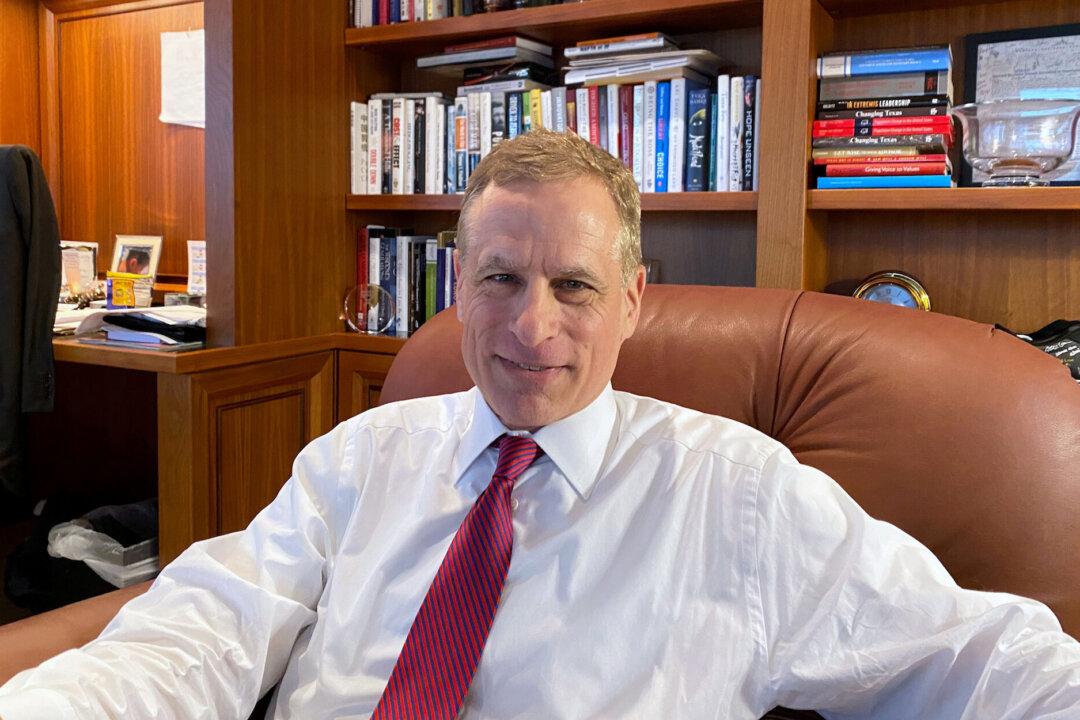Dallas Federal Reserve President Robert Kaplan on Monday announced his resignation, with the move coming in the wake of recent controversy over stock trades he made during the pandemic, when the Fed took extraordinary measures that lifted the economy and boosted markets.
The announcement, which came in a Sept. 27 press release from the Dallas Fed, acknowledged the controversy surrounding his trading activity, which was permitted by the Fed’s ethics rules but sparked criticism over potential conflict of interest. Kaplan, who has served as the president and CEO of the Dallas Fed since 2015, will be retiring early, effective Oct. 8.





